Aeon Video has a monthly newsletter!
Get curated editors’ picks, peeks behind the scenes, film recommendations and more.
See what no human eyes have seen before, deep in the sea off Western Australia
Glass sponge gardens, bioluminescent octopus squid and a 150-foot siphonophore – the longest animal ever recorded – were just a few of the discoveries made aboard the research vessel Falkor off the coast of Western Australia earlier this year. Led by Nerida Wilson, senior research scientist at the Western Australian Museum, the expedition explored never-before-seen ocean canyons and coral reefs using a remotely controlled robotic vehicle capable of descending to depths of 4,500 metres. Accompanied by words of insight and wonder from the expedition’s scientists, this video offers both a rare look at bioluminescent deep-sea life and a glimpse into how the human impulse for exploration helps to drive scientific discovery.
Video by the Schmidt Ocean Institute

video
Biography and memoir
As her world unravels, Pilar wonders at the ‘sacred geometry’ that gives it structure
20 minutes
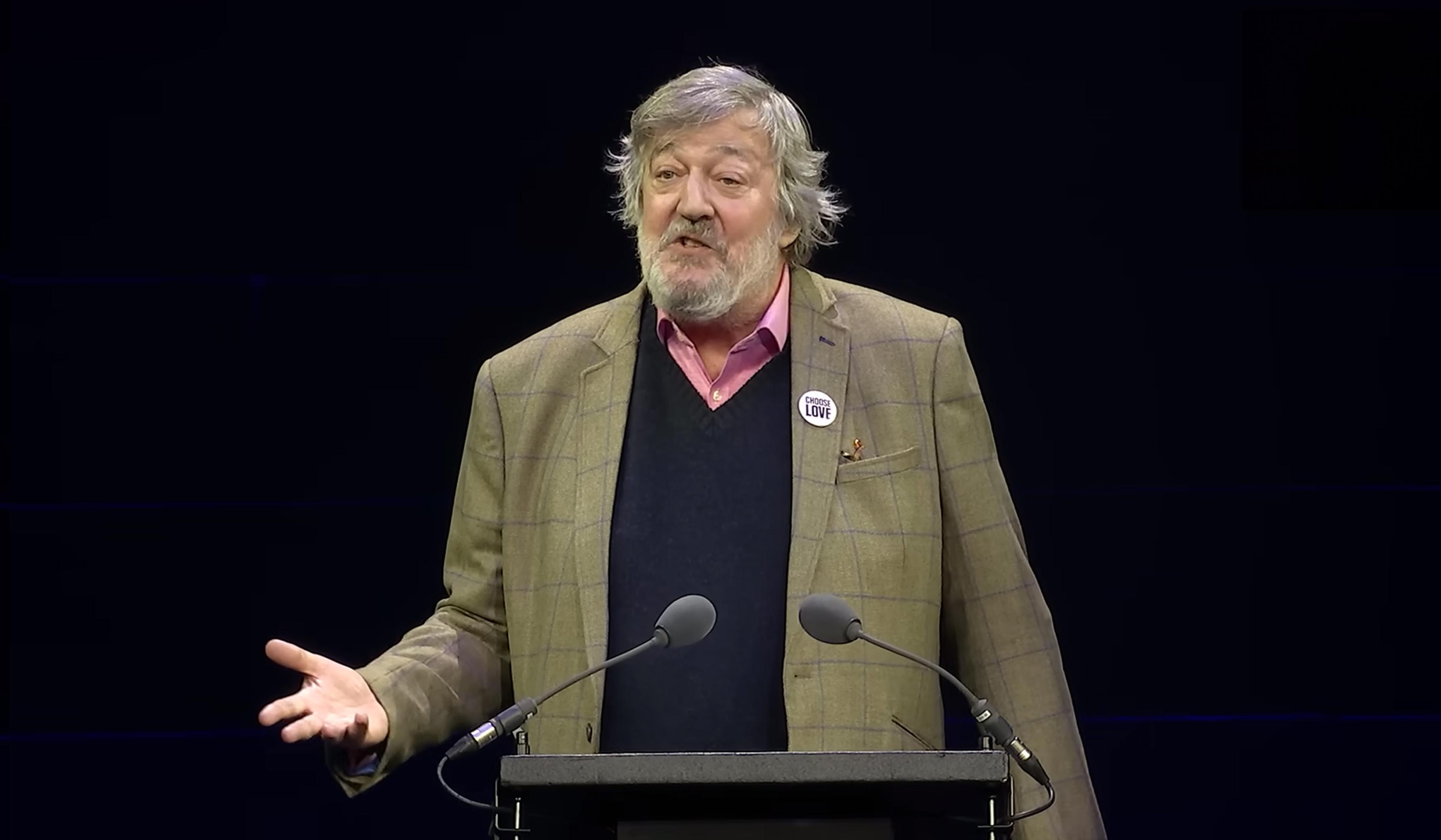
video
Meaning and the good life
Why strive? Stephen Fry reads Nick Cave’s letter on the threat of computed creativity
5 minutes

video
Physics
Find the building blocks of nature within a single, humble snowflake
4 minutes
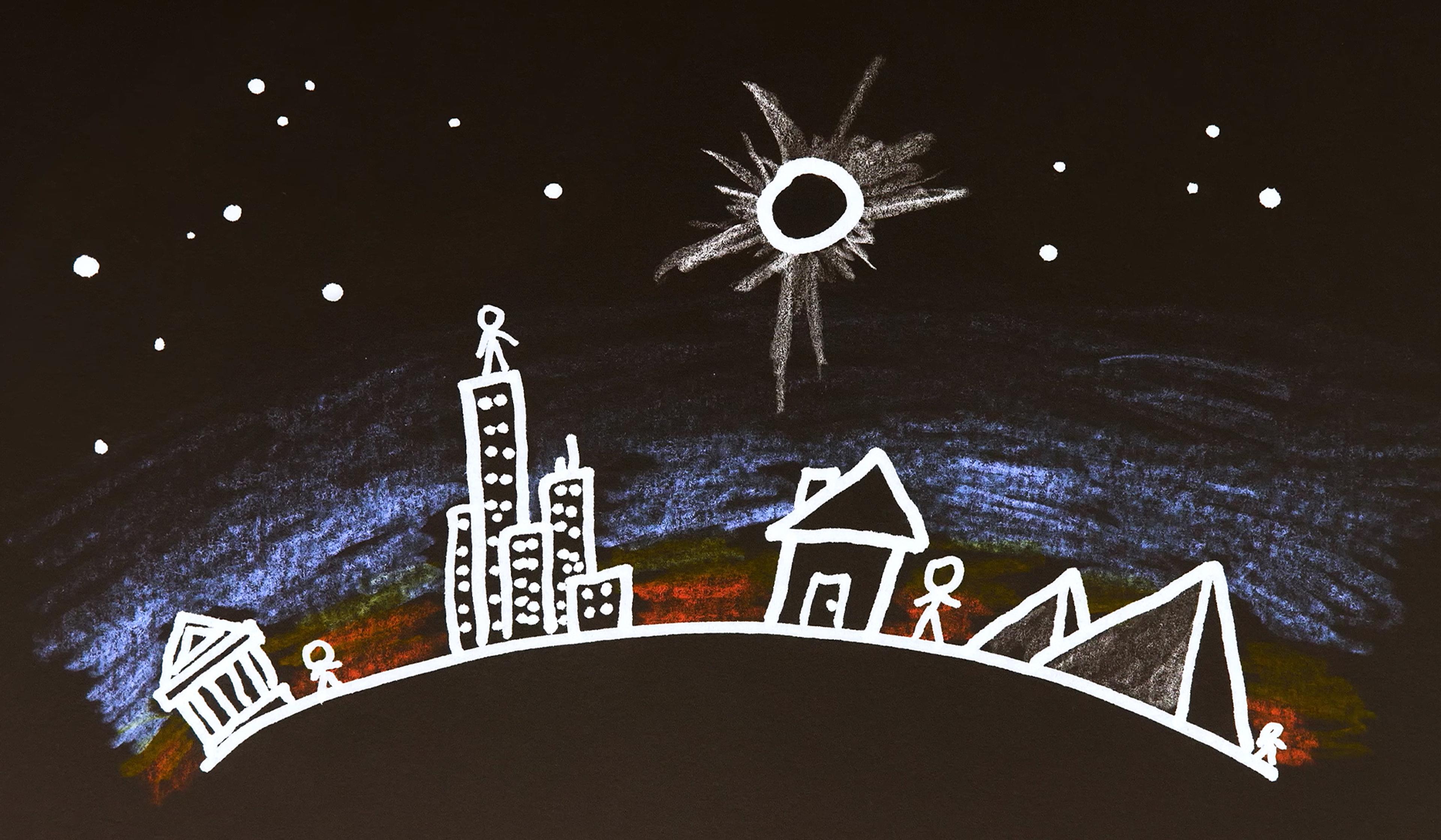
video
Physics
Why the golden age of total solar eclipses is already behind us
5 minutes
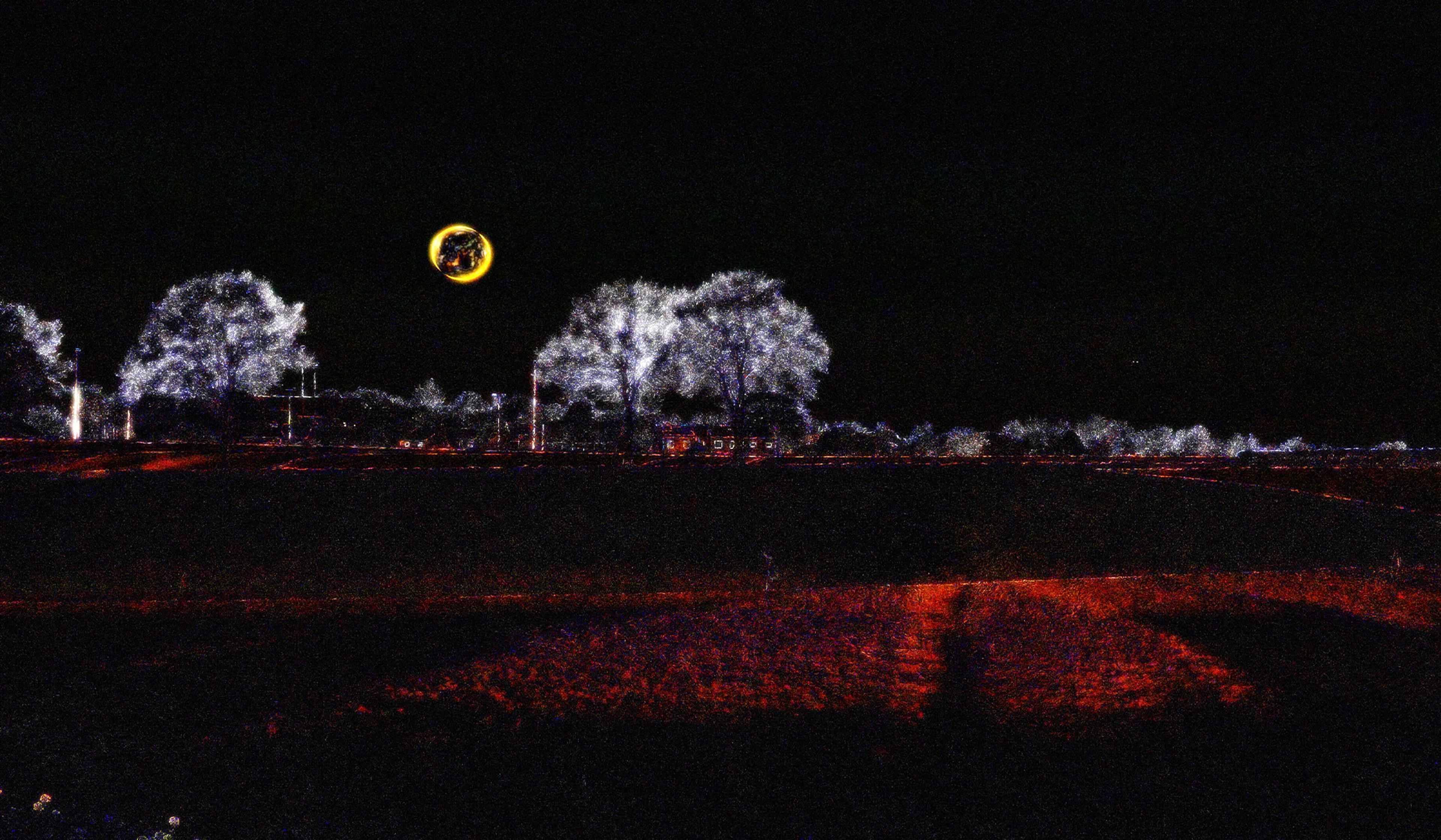
video
Film and visual culture
An augmented-reality filter reveals the hidden movements all around us
7 minutes
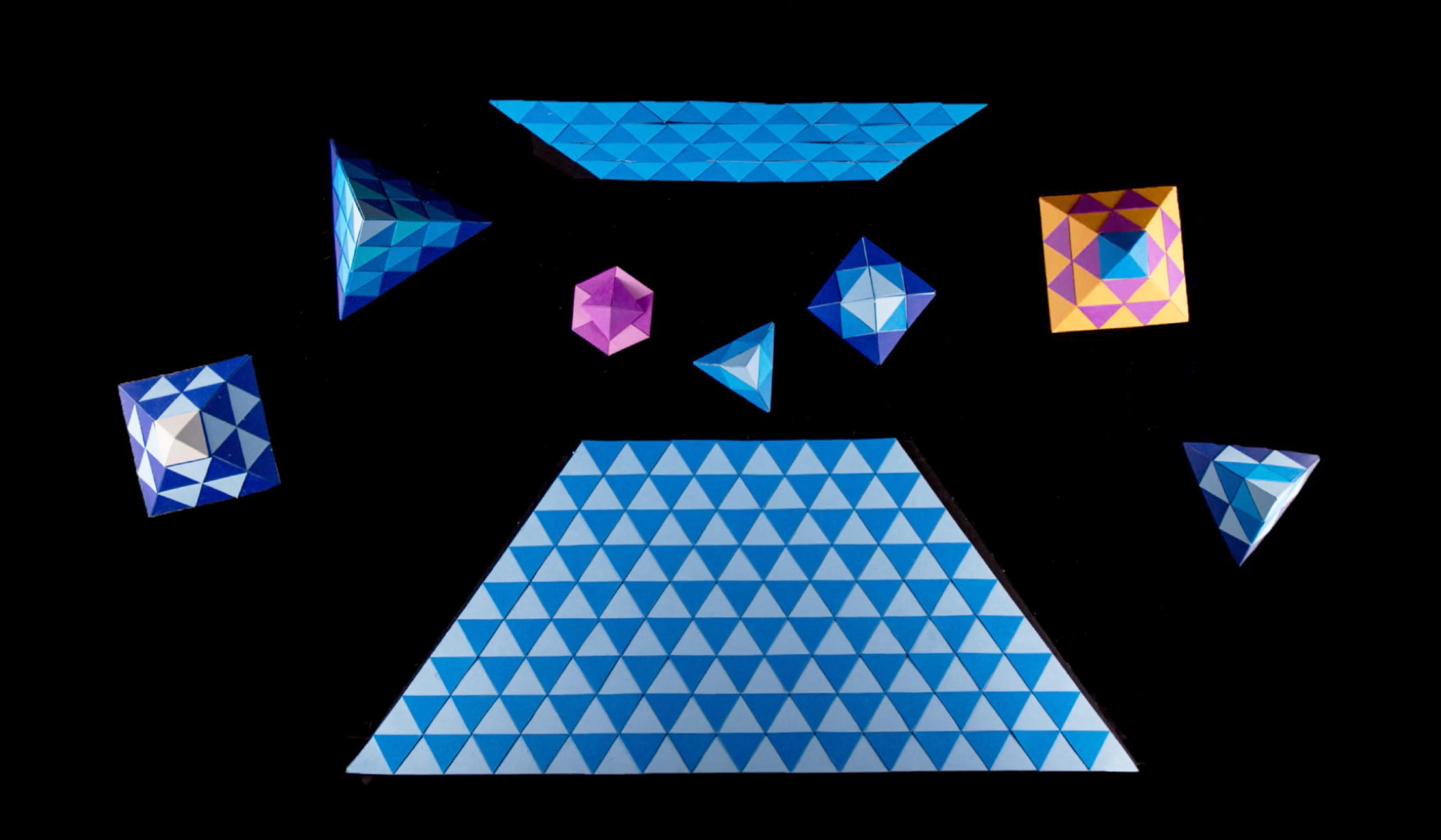
video
Film and visual culture
Stop-motion origami unfurls in a playful exploration of how senses overlap
3 minutes
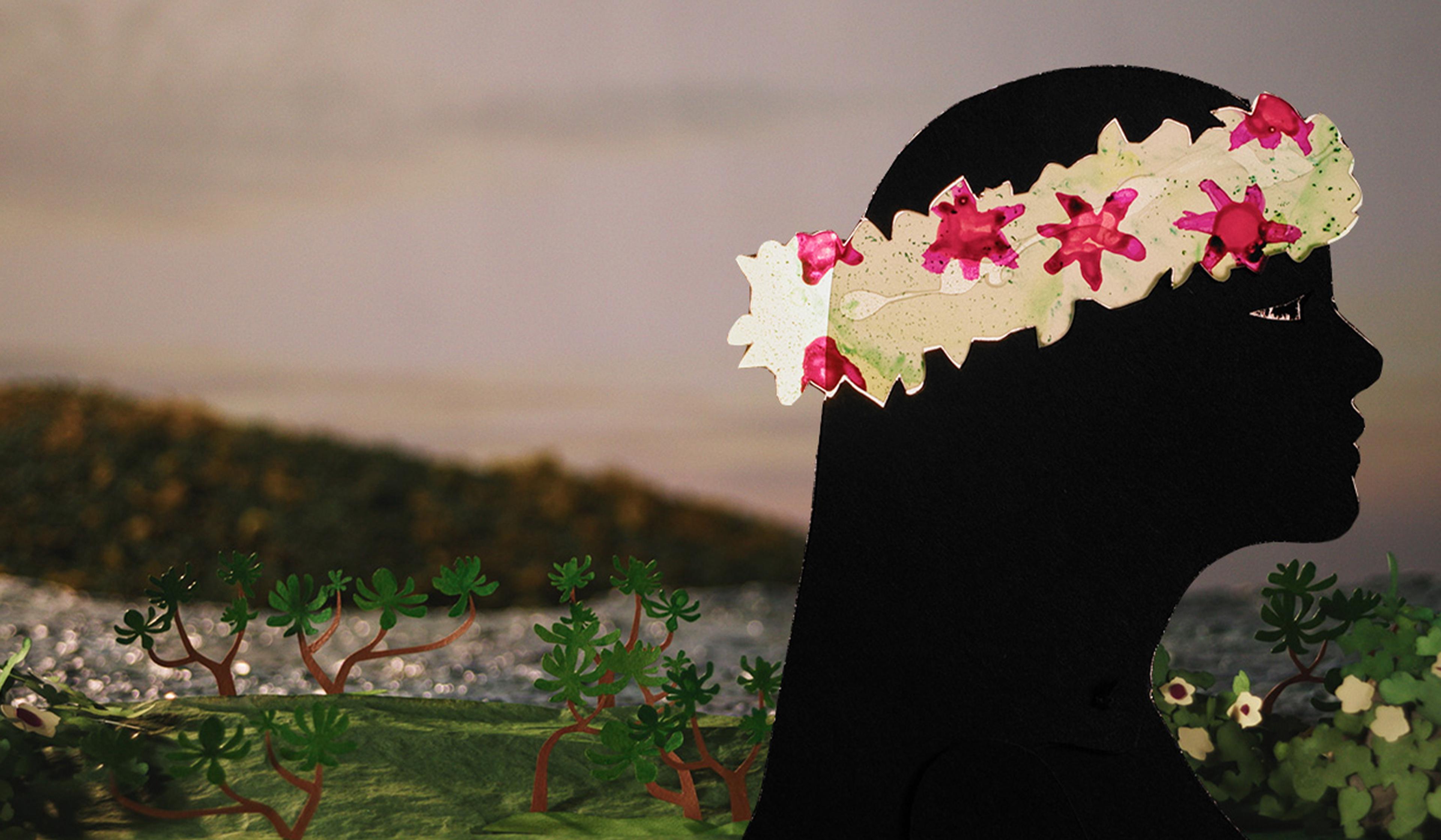
video
Ecology and environmental sciences
The ancient Hawaiian myth that sparked a modern ecological breakthrough
10 minutes
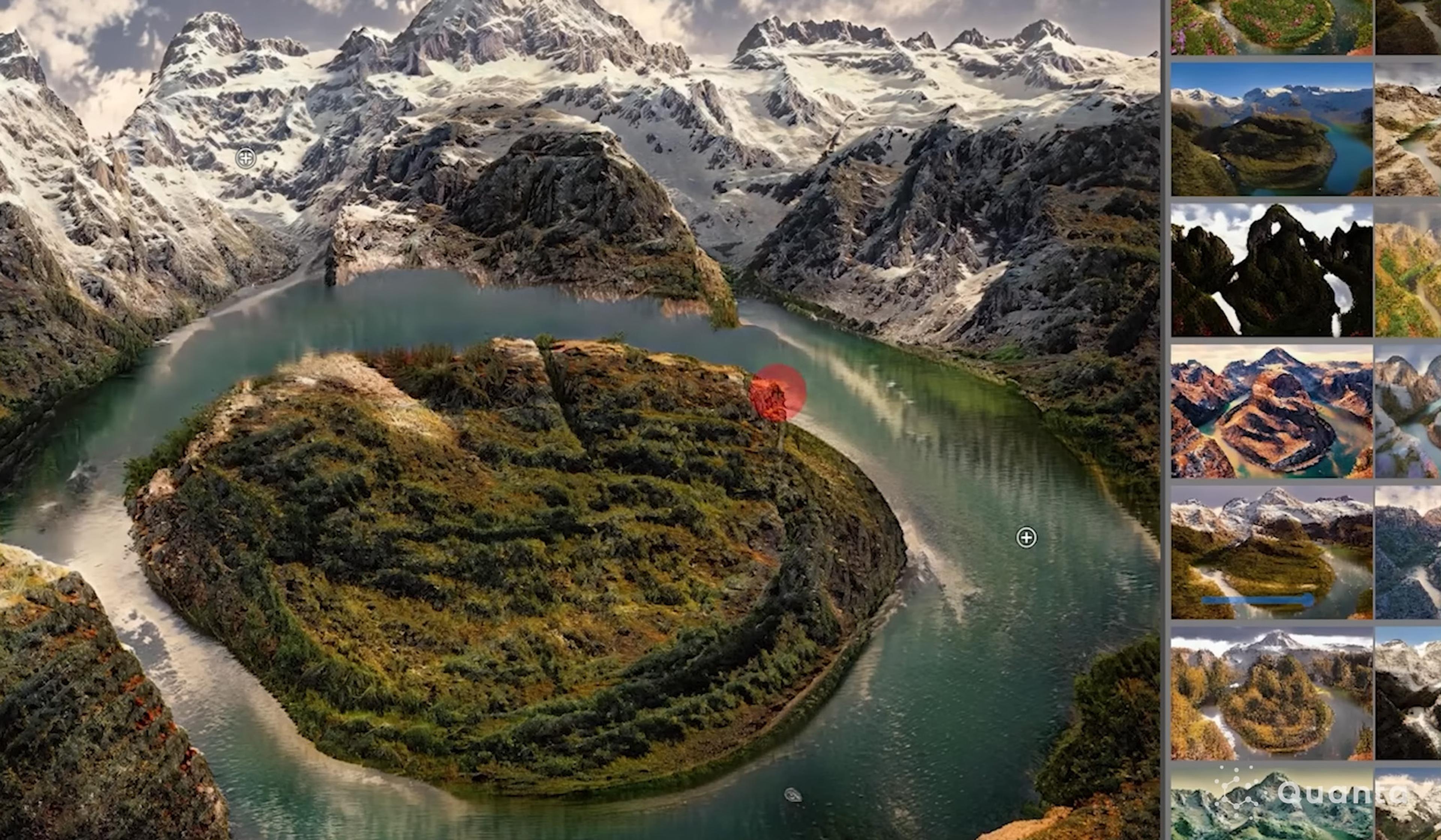
video
Computing and artificial intelligence
A scientist’s poor eyesight helped fuel a revolution in computer ‘vision’
9 minutes
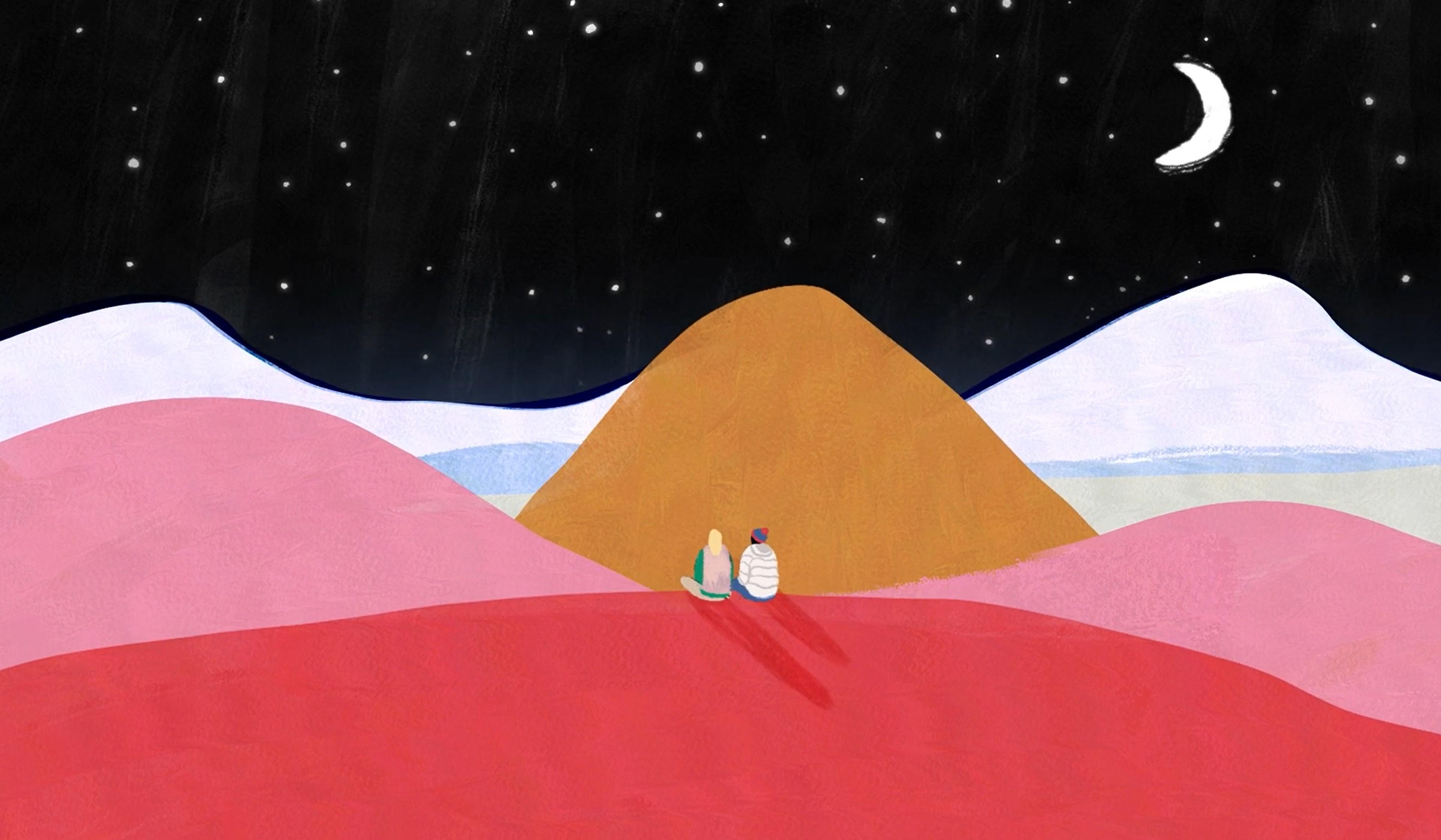
video
Ageing and death
Demystifying death – a palliative care specialist’s practical guide to life’s end
4 minutes